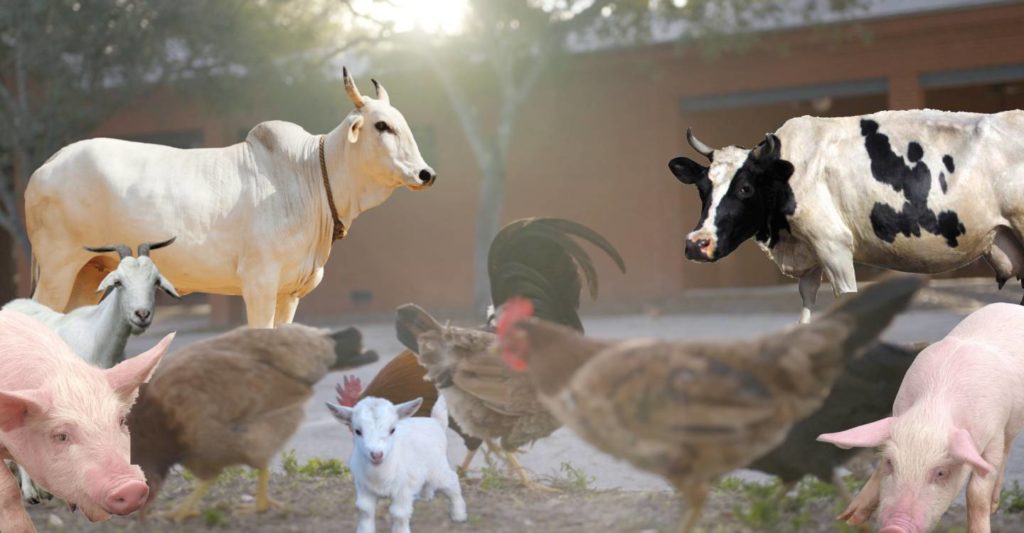At the center of Southeast Asia, Malaysia boasts an array of diverse agricultural landscapes that ranges from sprawling palm oil plantations to a variety of fruit orchards. Agriculture is an integral part in Malaysia’s economic development which is significant to both the domestic economy and export revenues. In order to protect this vital sector from constant threats of pests, diseases and new pathogens Malaysia puts a lot of emphasis on the biosecurity of farms. This article focuses on the importance of biosecurity for farms in Malaysia as well as its major elements, as well as the collaboration efforts to ensure Malaysia’s resilient agriculture.
Biosecurity in the farm is an extensive strategy that includes a wide range of policies, practices, and guidelines designed to guard farms from the spread and introduction of pests and diseases. In Malaysia which is a country where agriculture functions as the foundation of our economy, safeguarding the wellbeing and health of livestock and crops is of paramount importance. Biosecurity in the farm aims to reduce the risk of introduction, establishment and propagation of harmful agents which include viruses bugs, fungi, bacteria as well as others pathogens. Through the implementation of strict biosecurity procedures, Malaysia aims to secure the food supply of its people, secure export markets, and support the use of sustainable agriculture practices.
One of Malaysia’s most important agriculture-based commodities is palm oil. It is a significant part of Malaysia’s exports. To safeguard this crucial sector, stringent biosecurity precautions have been put in place. In particular palm oil plantations have secured access points. These are which require personnel and vehicles to be subjected to rigorous sanitation protocols. In addition, surveillance and monitoring methods are implemented to spot any indications of infection or insect infestations quickly. This is not just to protect this industry from damage but can also be used as a reference to other sectors of agriculture.

Biosecurity animal production malaysia in Malaysia isn’t the sole obligation of business or farmers. It is instead an effort that involves multiple parties, such as the government, industry groups researchers, research institutes, as well as the farmers themselves. Authorities like government agencies like the Ministry of Agriculture and Agro-Based Industry collaborate with the private sector in order to establish and enforce regulations on biosecurity. They also offer courses of education and training to make sure that farmers are provided with the information and resources required to put in place efficient biosecurity strategies on their farms.
Livestock farming is an additional vital aspect of Malaysia’s agricultural industry. In order to protect the sector Biosecurity strategies are adjusted to meet the needs of the various species of livestock. For instance, in the the poultry industry, strict hygiene methods are necessary to stop spreading avian influenza and various other illnesses. Health checks regularly as well as vaccination programmes as well as restricted access to farms reduce risks. Similar to aquaculture, in the business, biosecurity precautions comprise water quality management as well as surveillance of disease, as well as protocol for preventing the spread of pathogens that cause harm in shrimp and fish farms.
Even though Malaysia has made strides in biosecurity of its farms, issues remain. Climate change and globalization pose new challenges to the agriculture industry and agriculture, which makes it vital to stay vigilant and flexible. Changes in climate can affect the geographical distribution of pests as well as disease, which requires constant studies and surveillance. Additionally, the growing transfer of people and goods over borders increases the chance of spreading foreign pathogens. To tackle these issues, Malaysia is actively engaged in international collaborations as well as information sharing in order to keep in the forefront of new dangers.


